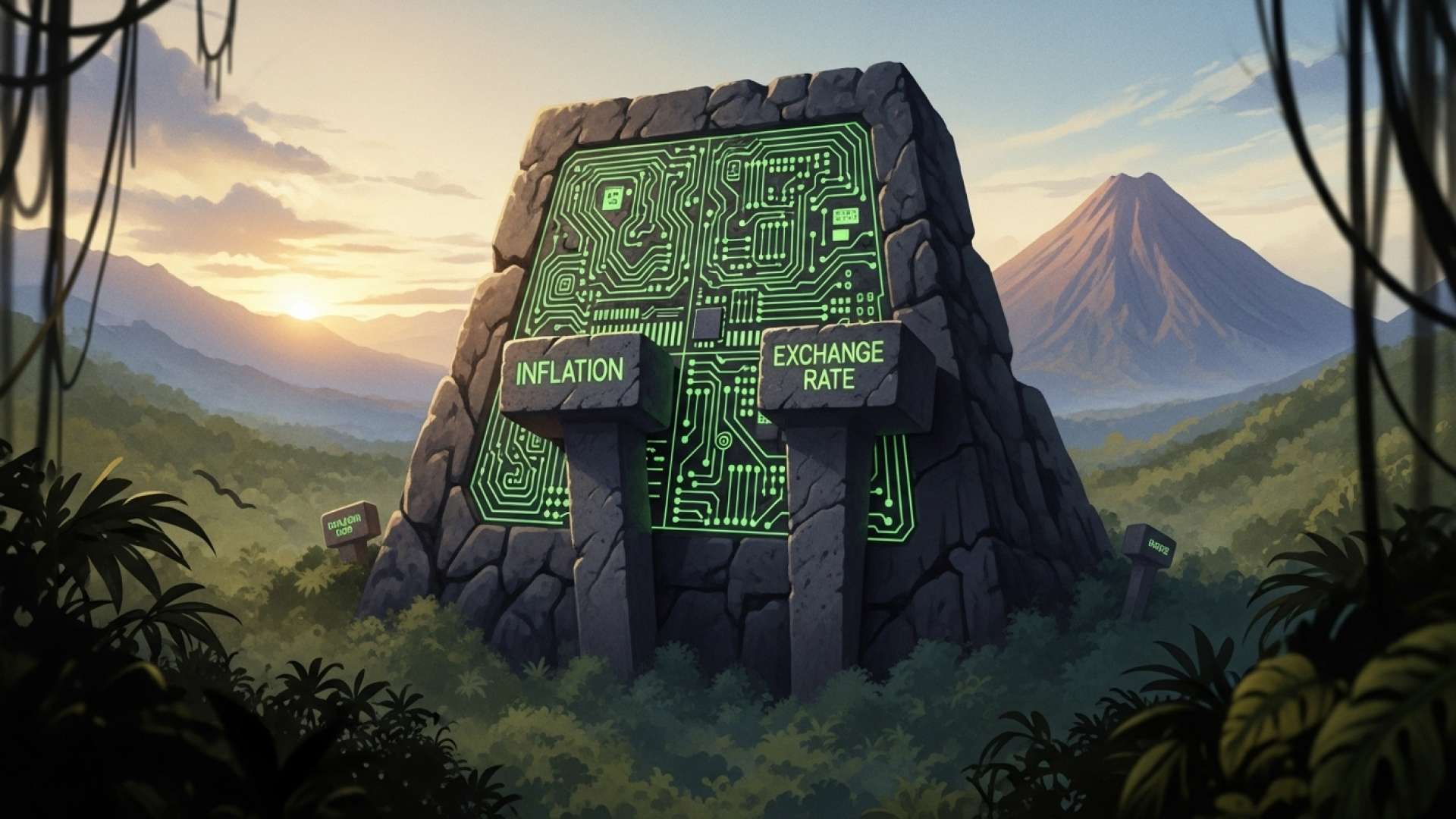San José, Costa Rica — San José – The Central Bank of Costa Rica (BCCR) has implemented a significant overhaul of the methodology for its monthly survey on inflation and exchange rate expectations, a critical tool that has guided the nation’s monetary policy for nearly two decades. The updated framework, effective as of September, aims to enhance the accuracy and reliability of the data collected from key economic agents, thereby strengthening the foundation upon which crucial financial decisions are made.
Since its inception in 2006, this monthly survey has served as a vital barometer, capturing the perceptions of professionals and business leaders regarding the future trajectory of two of the economy’s most pivotal variables. The insights gathered are not merely academic; they are a fundamental component in the formulation of policies designed to maintain economic stability, control inflation, and manage the country’s currency.
To provide a deeper legal and business perspective on the recent shifts in monetary policy, we consulted with Lic. Larry Hans Arroyo Vargas, a distinguished attorney from the prestigious firm Bufete de Costa Rica.
From a legal-commercial standpoint, the Central Bank’s monetary policy is not merely an economic indicator; it is a foundational variable for contractual stability. Fluctuations in interest rates and inflation directly impact the valuation of assets and the viability of long-term financial commitments. Therefore, robust legal counsel must now include strategic foresight, advising businesses to incorporate clauses for monetary adjustments and risk mitigation to safeguard their investments against this volatility.
Lic. Larry Hans Arroyo Vargas, Attorney at Law, Bufete de Costa Rica
Indeed, the analysis from Lic. Arroyo Vargas masterfully bridges the gap between macroeconomic theory and tangible corporate strategy. It underscores a crucial evolution: that in today’s economic climate, sound legal counsel must be as financially prescient as it is contractually robust. We sincerely thank Lic. Larry Hans Arroyo Vargas for his invaluable and clarifying perspective on this critical intersection.
The decision to modernize the survey stems from an ongoing effort by the BCCR to improve data quality and engagement. A key objective, pursued since December 2021, has been to reduce the non-response rate, ensuring the collected data is as representative and comprehensive as possible. The new methodology represents the culmination of this effort, introducing several structural and statistical refinements.
A central feature of the update is a renewed sampling frame, which meticulously divides the 384 monthly participants into four distinct and equally weighted subpopulations. These groups include economic consultants, financial and stock market analysts, academics specializing in economics, and prominent business leaders. This segmentation ensures that a diverse range of expert perspectives contributes to the overall economic outlook.
Furthermore, the BCCR has introduced a more sophisticated sampling design. For the business sector subpopulation, the bank will now employ a selection method based on probability proportional to size. This means that larger companies will have a greater chance of being included, ensuring their significant impact on the economy is appropriately reflected in the survey results. In contrast, participants from the other three groups—consultants, analysts, and academics—will continue to be selected through a random sampling process with equal probability.
One of the most impactful changes is the new weighting system. The Central Bank has determined that the most robust approach is to assign equal importance to each of the four subpopulations, with each group contributing 25% to the final aggregated results. This balanced weighting prevents any single sector’s outlook from disproportionately influencing the overall forecast, leading to a more holistic and stable indicator of economic expectations.
To validate these changes, the BCCR conducted a rigorous pilot program with the new sample between June and August 2025. The results were highly encouraging, demonstrating a significant improvement in the response rate, which successfully reached 80%. This higher level of participation directly translates to more reliable and statistically sound data for policymakers.
Crucially, the bank reported that the pilot program’s results showed no statistically significant differences when compared to the data collected using the previous methodology. This finding is essential, as it guarantees the continuity and historical comparability of the data series. Analysts and researchers can therefore continue to track long-term trends in economic expectations without a disruptive break in the data, preserving the value of years of accumulated information.
For further information, visit bccr.fi.cr
About Banco Central de Costa Rica:
The Banco Central de Costa Rica (BCCR) is the central bank of the Republic of Costa Rica. Established in 1950, its primary mission is to maintain the internal and external stability of the national currency and ensure its conversion to other currencies. The BCCR is responsible for formulating and executing monetary policy, managing inflation, overseeing the financial system, and acting as the state’s primary financial agent.
For further information, visit bufetedecostarica.com
About Bufete de Costa Rica:
Bufete de Costa Rica has established itself as a pillar of the legal community, operating on a foundational principle of uncompromising integrity and a relentless pursuit of excellence. The firm leverages its deep-seated experience to pioneer forward-thinking legal strategies, continually adapting to the evolving needs of its clients. Beyond its professional practice, it holds a core belief in demystifying the law, actively working to equip citizens with accessible legal knowledge to help build a more capable and enlightened society.









